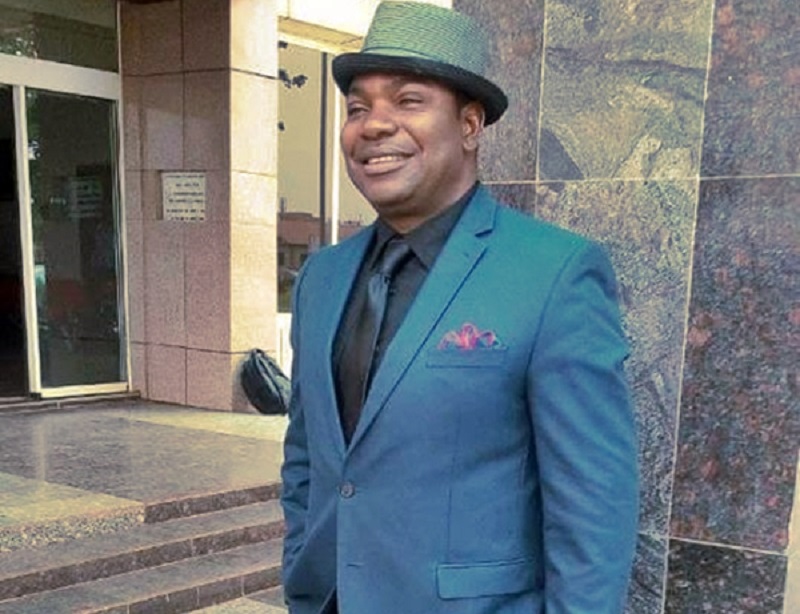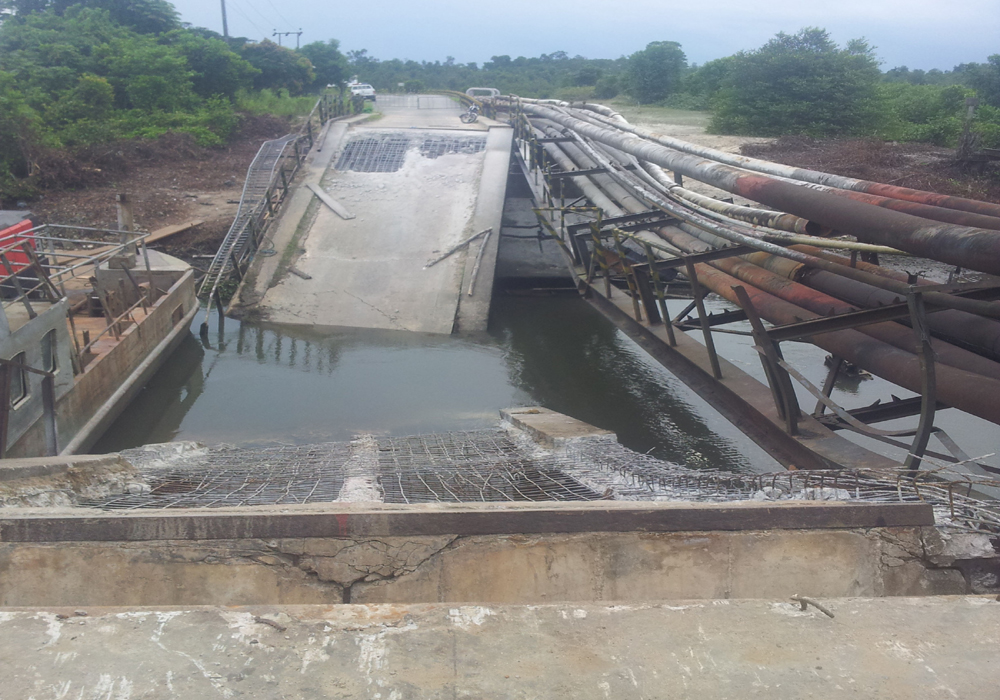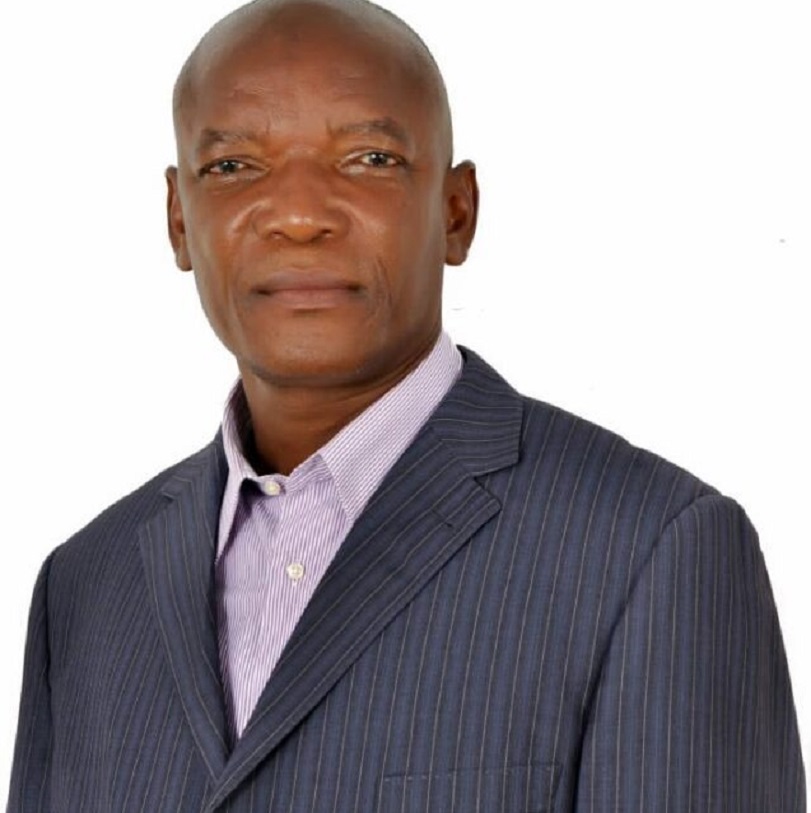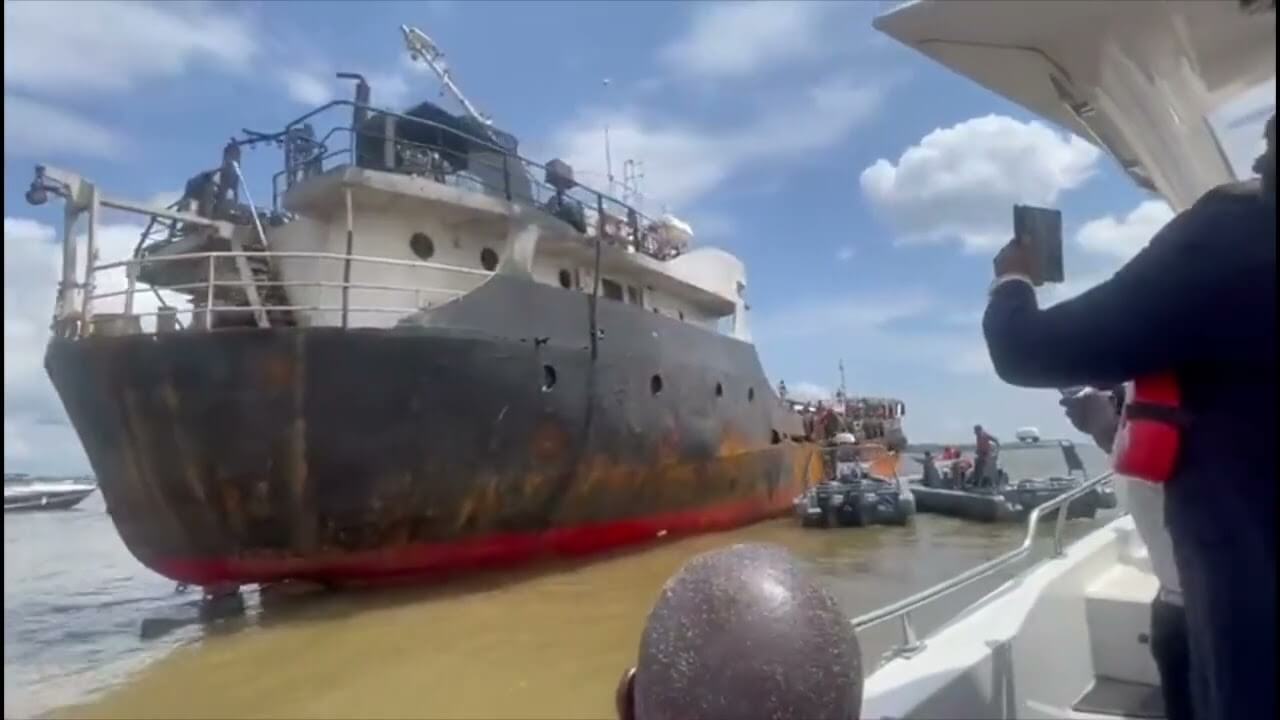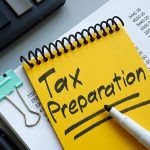Feature/OPED
Multiple Taxation and Oborevwori’s Paradigm Shift in Delta State
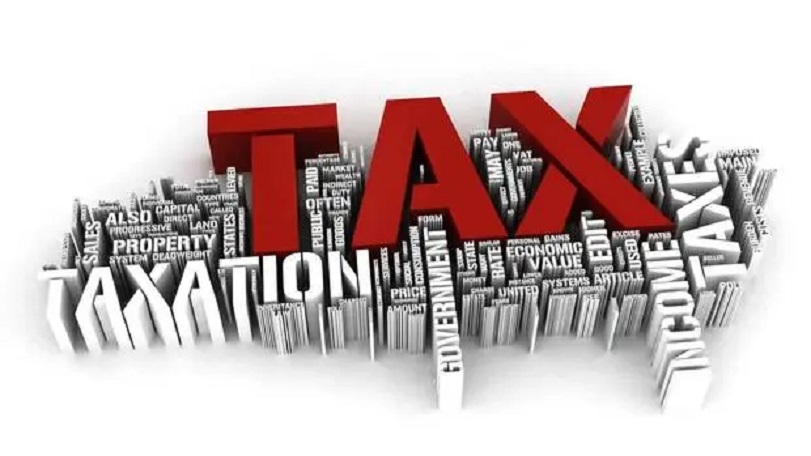
By Jerome-Mario Chijioke Utomi
George Bill, a Professor of Management Practice at Harvard Business School, United States of America (USA), in one of his books published in 2003, Authentic Leaders; Rediscovering the Secrets to Create Lasting Values, among other remarks, noted that ‘an authentic leader demonstrates a passion for their purpose, practice their values consistently and lead with their hearts as well as their heads. They establish long-term, meaningful relationships and have the self-discipline to get results. They know who they are.’
The above portion of the book recently came flooding after going through a news report where Governor Sheriff Oborevwori of Delta State said his administration would collaborate with local government councils to pay the backlog of pensions owed retired primary school teachers and local government retirees and went ahead to advise local government chairmen against multiple taxations to reduce the burden of fuel subsidy removal on the people.
Essentially, Governor Sheriff Oborevwori, going by reports, may not have spent one month in office as the state governor. He has built neither bridge nor constructed a kilometre of road in the state. Yet, with his declaration above, the governor demonstrated that he is a public office holder capped with authentic leadership vision and laced with the virtue of sympathy and empathy, which are necessary attributes needed for quality delivery in public leadership.
Most impressive is the awareness that Oborevwori, who spoke when the State Chapter of the Association of Local Governments of Nigeria ALGON, paid him a courtesy visit at Government House, Asaba, also observed that; “Unlike some states, our local government councils have full control of their finances. We shall not interfere with your finances, and we will offer assistance where necessary. In this regard, we shall be collaborating with the Local Government Pension Bureau to see how the lingering pension issues will be resolved. We may not have been where we want to be, but I am proud of the progress we have made”.
The strategic implication of the above declaration and mindset, in my view, is that with the election of Chief Sheriff as governor of the state, Deltans have conquered their fears and can now walk boldly forward on the path that lies before them as their Governor recognizes the true meaning of three tiers of government in a Federal state and is not ready to violent or put the rule of law in danger.
Again, by his declaration that the state government under his watch shall not interfere with local government Council finances but will offer assistance where necessary. It remains a hopeful sign of a leader abreast and respects the time-honoured dictum that ‘’the greater the power of the Executive grows, the more difficult it becomes for other branches to perform their constitutional roles in the state. And as the executive acts outside its constitutionally prescribed roles and it’s able to control access to information that would expose its action to the world, it becomes increasingly difficult for the other branches to police it. Once that ability is lost, democracy itself is threatened-unless stopped, lawlessness grows, and we become a government of men and not law’’.
Even as this piece celebrates the governor’s leadership vision, it must also be emphasized that if bringing real and sustainable development to the state is the goal of the present administration in the state, another area the governor must watch and give urgent attention that it deserves is the prompt enforcement of the law that criminalizes illegal and forceful collection of levies also known as ‘deve’ from public and private developers in the state that was passed under him, as the Speaker of the Delta state House of Assembly, and signed into law on Friday, August 25, 2018, by the immediate past governor, Ifeanyi Okowa of Delta State.
Titled “Delta State Public and Private Properties Protection Bill 2018”, the law, as Cheriff would recall, was made to put to an end the incessant harassment of developers, particularly by youths who often times chase away investors who are ready to do business in the state with illegal levies, and prohibits illegal and forceful entry into development sites.
Enforcement of this law is important for the state to witness true and speedy development.
However, while I sympathize with these youths on whose shoulders lies the crushing weight of unemployment in the state, which pushed many into the illicit behaviour, coupled with the recent serious hardship occasioned by fuel subsidy removal by the Federal Government, I must on the other hand, confess that instant gratification and other negative influences emanating from the social media have conspired to render some of these youths lazy and morally bankrupt.
These unruly behaviours by some youths do not by any appreciable means exonerate the state government, particularly the previous administrations, of the blame for the frustration and agonizing moments the youths are passing through.
The lack of political will to tackle the challenge from its roots or seeing the urgent necessity to cease politics and turn outwards to look for constructive and creative channels to fight the enemy called unemployment in the state contributed to the ever-increasing number of both the unemployed and the underemployed which daily fuels ‘deve’ apostles and advocates.
To explain this point, if the government has done anything substantial in this direction, Deltans will not have to look very far to see the impact. And my concern is not what the present administration in the state intends to do or is capable of doing. Rather, my concern is about what they are presently doing and if it’s in the best interest of the youth.
Thankfully, with the electioneering period over, this piece holds the opinion that the government must do something to help the youth come out of this challenge. It Is in the interest of the government and the nation at large to create jobs for the youth as a formidable way of curbing crime and reducing threatening insecurity in the country. It should be done not merely for political considerations but from the point of view of national development and the sustenance of our democracy.
Creating a productive collaboration between the state government and private organizations in the race for job creation in the state will be an added advantage on the part of the governor.
As a palliative, it will be rewarding if Chief Sheriff Oborevwori sustains former Governor Okowa’s social investments programme/empowerment schemes. These projects include but are not limited to; the flagship Skills Training and Entrepreneurship Programme (STEP), Youth Agricultural Entrepreneurs Programme (YAGEP) and similar programmes undertaken by the Ministries of Agriculture and Natural Resources, Commerce and Industry, Women Affairs as well as the Delta State Micro Small and Medium Enterprises Development Agency and Widows alert initiative.
The youth, on their part, must recognize that ‘the future is full of promises as it is fraught with uncertainties. That the industrial society is giving way to one based on knowledge. They must, therefore, learn to be part of the knowledge-based world.
Utomi is the Programme Coordinator (Media and Policy) at Social and Economic Justice Advocacy (SEJA), Lagos. He can be reached via je*********@***oo.com or 08032725374
Feature/OPED
Love, Culture, and the New Era of Televised Weddings

Weddings have always held a special place in African culture. They are more than ceremonies; they are declarations of love, family, identity, and tradition. From the vibrant colours of aso-ebi to the rhythmic sounds of live bands and the emotional exchange of vows, weddings represent a moment of cultural heritage.
In recent years, weddings have gone beyond physical venues. What was once an exclusive gathering for family and friends has transformed into a shared experience for wider audiences. Social media first opened the door, allowing guests and admirers to witness love stories in real time through Instagram posts, TikTok highlights, and YouTube recaps.
And now, television platforms are taking this even further, giving weddings a new kind of permanence and reach.
High-profile weddings, like the widely celebrated union of Adeyemi Idowu, popularly known as Yhemolee (Olowo Eko) and his wife Oyindamola, fondly known as ThayourB, captured massive public attention. Moments from their wedding became a live shared experience on television (GOtv & DStv).
From the high fashion statements to the emotional highlights, viewers were able to feel part of something bigger, a reminder that weddings inspire not just both families but entire communities.
This shift reflects a broader reality: weddings today are content. They inspire conversations about fashion, relationships, lifestyle, and aspiration. They preserve memories in ways previous generations could only imagine. For Gen Z couples, their wedding is no longer just a day; it becomes a story that can be revisited, celebrated, and even inspire others planning their own journey to forever.
Broadcast platforms like GOtv are playing a meaningful role in this transformation. By bringing wedding-related content directly into homes, GOtv is helping audiences experience these moments not just through social media snippets but in real time.
One of the most notable offerings is Channel 105, The Wedding Channel, Africa’s first 24-hour wedding channel, available on GOtv. The channel is fully dedicated to African weddings, lifestyle, and bridal fashion, showcasing everything from dream ceremonies to the realities of married life. Programs like Wedding Police and Wedding on a Budget, and shows like 5 Years Later, offer a deeper look into marriage itself, reminding viewers that weddings are just the beginning of a lifelong journey.
GOtv is preserving culture, celebrating love, and inspiring future couples with this channel. It allows viewers to witness traditions from different regions, discover new ideas, and feel connected to moments that might otherwise remain private.
With platforms like GOtv, stories continue to live on screens across Africa, where love, culture, and celebration can be experienced by all.
To upgrade, subscribe, or reconnect, download the MyGOtv App or dial *288#. For catch-up and on-the-go viewing, download the GOtv Stream App and enjoy your favourite shows anytime, anywhere.
Feature/OPED
Brent’s Jump Collides with CBN Easing, Exposes Policy-lag Arbitrage
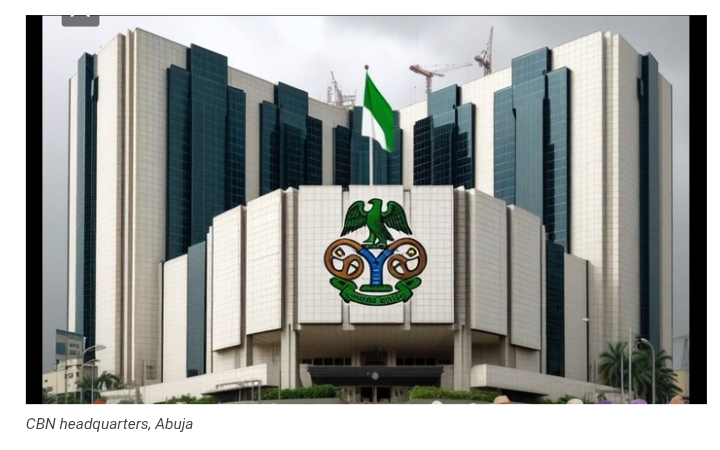
Nigeria is entering a timing-sensitive macro set-up as the oil complex reprices disruption risk and the US dollar firms. Brent moved violently this week, settling at $77.74 on 02 March, up 6.68% on the day, after trading as high as $82.37 before settling around $78.07 on 3 March. For Nigeria, the immediate hook is the overlap with domestic policy: the Central Bank of Nigeria (CBN) has just cut its Monetary Policy Rate (MPR) by 50 basis points to 26.50%, whilst headline inflation is still 15.10% year on year in January.
“Investors often talk about Nigeria as an oil story, but the market response is frequently a timing story,” said David Barrett, Chief Executive Officer, EBC Financial Group (UK) Ltd. “When the pass-through clock runs ahead of the policy clock, inflation risk, and United States Dollar (USD) demand can show up before any oil benefit is felt in day-to-day liquidity.”
Policy and Pricing Regime Shift: One Shock, Different Clocks
EBC Financial Group (“EBC”) frames Nigeria’s current set-up as “policy-lag arbitrage”: the same external energy shock can hit domestic costs, FX liquidity, and monetary transmission on different timelines. A risk premium that begins in crude can quickly show up in delivered costs through freight and insurance, and EBC notes that downstream pressure has been visible in refined markets, with jet fuel and diesel cash premiums hitting multi-year highs.
Market Impact: Oil Support is Conditional, Pass-through is Not
EBC points out that higher crude is not automatically supportive of the naira in the short run because “oil buffer” depends on how quickly external receipts translate into market-clearing USD liquidity. Recent price action illustrates the sensitivity: the naira was quoted at 1,344 per dollar on the official market on 19 February, compared with 1,357 a week earlier, whilst street trading was cited around 1,385.
At the same time, Nigeria’s inflation channel can move quickly even during disinflation: headline inflation eased to 15.10% in January from 15.15% in December, and food inflation slowed to 8.89% from 10.84%, but energy-led transport and logistics costs can reintroduce pressure if the risk premium persists. EBC also points to a broader Nigeria-specific reality: the economy grew 4.07% year on year in 4Q25, with the oil sector expanding 6.79% and non-oil 3.99%, whilst average daily oil production slipped to 1.58 million bpd from 1.64 million bpd in 3Q25. That mix supports external-balance potential, but it also underscores why the domestic liquidity benefit can arrive with a lag.
Nigeria’s Buffer Looks Stronger, but It Does Not Eliminate Sequencing Risk
EBC sees that near-term external resilience is improving. The CBN Governor said gross external reserves rose to USD 50.45 billion as of 16 February 2026, equivalent to 9.68 months of import cover for goods and services. Even so, EBC views the market’s focus as pragmatic: in a risk-off tape, investors tend to price the order of transmission, not the eventual balance-of-payments benefit.
In the near term, EBC expects attention to rotate to scheduled energy and policy signposts that can confirm whether the current repricing is a short, violent adjustment or a more durable regime shift, including the U.S. Energy Information Administration (EIA) Short-Term Energy Outlook (10 March 2026), OPEC’s Monthly Oil Market Report (11 March 2026), and the U.S. Federal Reserve meeting (17 to 18 March 2026). On the domestic calendar, the CBN’s published schedule points to the next Monetary Policy Committee meeting on 19 to 20 May 2026.
Risk Frame: The Market Prices the Lag, Not the Headline
EBC cautions that outcomes are asymmetric. A rapid de-escalation could compress the crude risk premium quickly, but once freight, insurance, and hedging behaviour adjust, second-round effects can linger through inflation uncertainty and a more persistent USD bid.
“Oil can act as a shock absorber for Nigeria, but only when the liquidity channel is working,” Barrett added. “If USD conditions tighten first and domestic pass-through accelerates, the market prices the lag, not the headline oil price.”
Brent remains an anchor instrument for tracking this timing risk because it links energy-led inflation expectations, USD liquidity, and emerging-market risk appetite in one market. EBC Commodities offering provides access to Brent Crude Spot (XBRUSD) via its trading platform for following energy-driven macro volatility through a single instrument.
Feature/OPED
Gen Alpha: Africa’s Digital Architects, Not Your Target Audience

By Emma Kendrick Cox
This year, the eldest Gen Alpha turns 16.
That means they aren’t just the future of our work anymore. They are officially calling for a seat at the table, and they’ve brought their own chairs. And if you’re still calling this generation born between 2010 and 2025 the iPad generation, then I hate to break it to you, but you’re already obsolete. To the uninitiated, they look like a screen-addicted mystery. To those of us paying attention, they are the most sophisticated, commercially potent, and culturally fluent architects Africa has ever seen.
Why? Because Alphas were not born alongside the internet. They were born inside it. And by 2030, Africa will be home to one in every three Gen Alphas on the planet.
QWERTY the Dinosaur
We are witnessing the rise of a generation that writes via Siri and speech-to-text before they can even hold a pencil. With 63% of these kids navigating smartphones by age five, they don’t see a QWERTY keyboard as a tool. They see it as a speed bump, the long route, an inefficient use of their bandwidth. They don’t need to learn how to use tech because they were born with the ability to command their entire environment with a voice note or a swipe.
They are platform agnostic by instinct. They don’t see boundaries between devices. They’ll migrate from an Android phone to a Smart TV to an iPhone without breaking their stride. To them, the hardware is invisible…it’s the experience that matters.
They recognise brand identities long before they know the alphabet. I share a home with a peak Gen Alpha, age six and a half (don’t I dare forget that half). When she hears the ding-ding-ding-ding-ding of South Africa’s largest bank, Capitec’s POS machine, she calls it out instantly: “Mum! Someone just paid with Capitec!” It suddenly gives a whole new meaning to the theory of brand recall, in a case like this, extending it into a mental map of the financial world drawn long before Grade 2.
And it ultimately lands on this: This generation doesn’t want to just view your brand from behind a glass screen. They want to touch it, hear it, inhabit it, and remix it. If they can’t live inside your world, you’re literally just static.
The Uno Reverse card
Unlike any generation we’ve seen to date, households from Lagos to Joburg and beyond now see Alphas hold the ultimate Uno Reverse card on purchasing power. With 80% of parents admitting their kids dictate what the family buys, these Alphas are the unofficial CTOs and Procurement Officers of the home:
-
The hardware veto: Parents pay the bill, but Alphas pick the ISP based on Roblox latency and YouTube 4K buffers.
-
The Urban/Rural bridge: In the cities, they’re barking orders at Alexa. In rural areas, they are the ones translating tech for their families and narrowing the digital divide from the inside out.
-
The death of passive: I’ll fall on my sword when I say that with this generation, the word consumer is dead. It implies they just sit there and take what you give them, when, on the contrary, it is the total opposite. Alphas are Architectural. They are not going to buy your product unless they can co-author the experience from end to end.
As this generation creeps closer and closer to our bullseye, the team here at Irvine Partners has stopped looking at Gen Alpha as a demographic and started seeing them as the new infrastructure of the African market. They are mega-precise, fast, and surgically informed.
Believe me when I say they’ve already moved into your industry and started knocking down the walls. The only question is: are you building something they actually want to live in, or are you just a FaceTime call they are about to decline?
Pay attention. Big moves are coming. The architects are here.
Emma Kendrick Cox is an Executive Creative Director at Irvine Partners
-

 Feature/OPED6 years ago
Feature/OPED6 years agoDavos was Different this year
-
Travel/Tourism10 years ago
Lagos Seals Western Lodge Hotel In Ikorodu
-

 Showbiz3 years ago
Showbiz3 years agoEstranged Lover Releases Videos of Empress Njamah Bathing
-

 Banking8 years ago
Banking8 years agoSort Codes of GTBank Branches in Nigeria
-

 Economy3 years ago
Economy3 years agoSubsidy Removal: CNG at N130 Per Litre Cheaper Than Petrol—IPMAN
-

 Banking3 years ago
Banking3 years agoSort Codes of UBA Branches in Nigeria
-

 Banking3 years ago
Banking3 years agoFirst Bank Announces Planned Downtime
-

 Sports3 years ago
Sports3 years agoHighest Paid Nigerian Footballer – How Much Do Nigerian Footballers Earn




